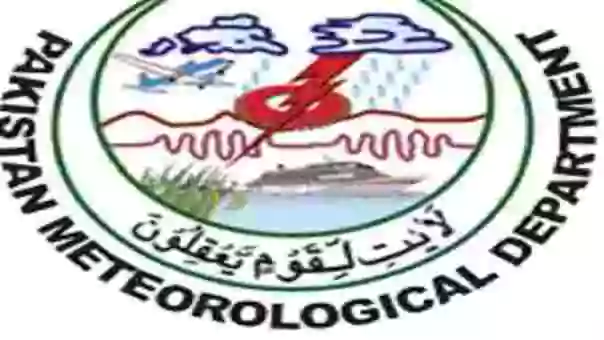ISLAMABAD, May 14, 2025 — The Pakistan Meteorological Department (PMD) has issued a stern warning about a prolonged heatwave expected to grip large parts of the country, particularly affecting the provinces of Sindh, Punjab, Balochistan, and Khyber Pakhtunkhwa (KP).
According to PMD, this extreme heat spell will persist over the next five to six days, raising serious concerns for public health and safety.
The PMD forecast indicates that day temperatures in the southern regions — including Sindh, southern Punjab, and Balochistan — are expected to soar 4 to 6°C above the seasonal average from May 15 to May 20. In contrast, the upper parts of the country, including central and upper Punjab, Islamabad, KP, Kashmir, and Gilgit-Baltistan, are likely to experience temperatures 5 to 7°C above normal from May 15 to May 19.
Meteorologists attribute the upcoming heatwave to prevailing continental air and the development of a high-pressure system expected to intensify from Wednesday. This system will dominate weather conditions across most parts of Pakistan, especially in lowland and southern regions.
As a result, hot and dry weather will prevail across the country, with particularly scorching conditions expected in the plains. The situation is forecasted to worsen on Thursday, with very hot conditions likely during daytime hours.
Over the past 24 hours, most regions have already experienced unusually hot and dry weather. Several cities recorded extreme temperatures, with Dadu reaching a searing 48°C, followed by Jacobabad at 47°C. Other areas like Sibbi, Turbat, Lasbella, Sukkur, Rohri, Rahim Yar Khan, Mohenjodaro, Larkana, and Bahawalnagar also reported highs of around 45°C.
The PMD has urged the public to take necessary precautions, especially in Sindh and Punjab, where repeated heatwaves are becoming a recurring phenomenon. Authorities in Punjab and Sindh have also been advised to stay vigilant and ensure the availability of water, electricity, and emergency services to mitigate the effects of this extreme weather.
Residents are advised to avoid direct sun exposure during peak hours, stay hydrated, and check on vulnerable individuals, especially children and the old-age.
